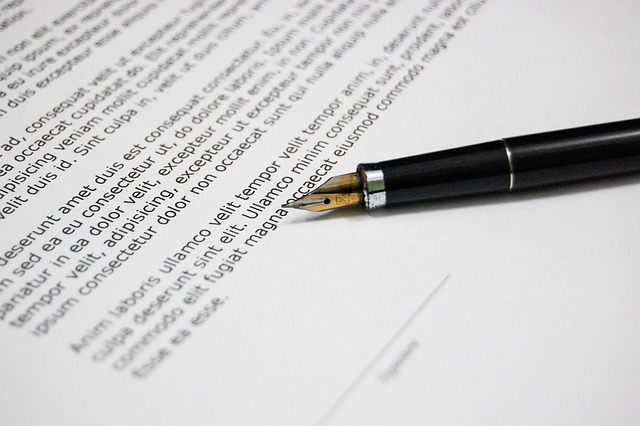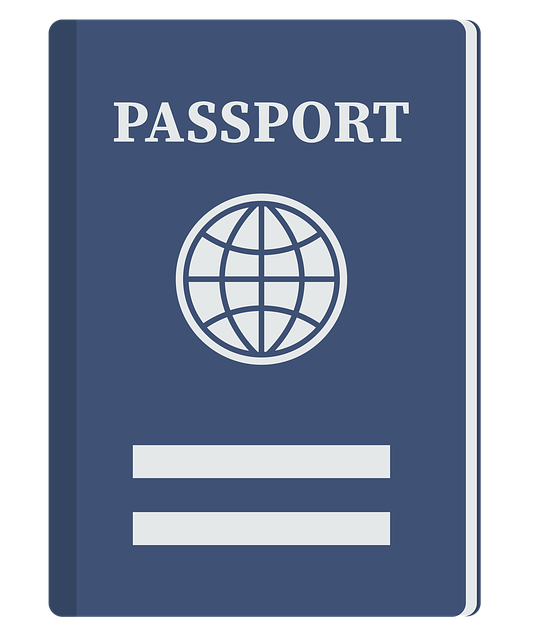Using translated UK Intellectual Property (IP) documents for legal purposes requires meticulous accuracy and compliance with stringent UK regulations. Professional translation services specializing in UK IP documents employ expert translators knowledgeable in local law to ensure precise communication of technical terms and legal nuances, avoiding severe repercussions like misinterpretations and invalid evidence. Choosing a service prioritizes professionals with dual language and IP law expertise, robust data security, and adherence to UK regulations. Comprehensive quality assurance processes involving multiple reviews by experts, automated memory translation tools, and post-translation reviews preserve document integrity for lawful use within the UK market. These services are crucial for global businesses expanding internationally, ensuring accurate translations that comply with local IP laws and prevent costly errors.
In today’s globalised landscape, ensuring compliance with translated UK Intellectual Property (IP) documents is paramount for legal use. This comprehensive guide delves into the intricacies of navigating complex IP laws and their document requirements in the UK. We explore the vital role of accurate translation in legal proceedings, key considerations when selecting top-tier translation services, quality assurance processes, real-world case studies, and best practices to maintain compliance throughout the translation process, empowering businesses to confidently protect and exploit their intellectual assets internationally.
- Understanding UK Intellectual Property Laws and Their Document Requirements
- The Importance of Accurate Translation in Legal Proceedings
- Key Considerations when Choosing IP Document Translation Services
- Quality Assurance Processes for Ensuring Accuracy and Consistency
- Case Studies: Navigating International Law with Translated IP Documents
- Best Practices for Maintaining Compliance Throughout the Translation Process
Understanding UK Intellectual Property Laws and Their Document Requirements

In the UK, intellectual property (IP) laws are comprehensive and stringent, protecting a wide range of creations, from inventions to literary and artistic works. Navigating these legal frameworks is crucial for businesses and individuals looking to use their IP documents in both domestic and international contexts. When it comes to utilizing translated IP documents for legal purposes, ensuring accuracy and compliance with UK regulations is paramount. This involves understanding the specific requirements for various types of IP documents, such as patents, trademarks, and copyrights, which are often accompanied by complex formalities and procedures.
For instance, translating patent applications or trademark registrations requires not just linguistic proficiency but also a deep knowledge of the legal terminology and nuances unique to UK IP law. Professional translation services specializing in UK Intellectual Property Documents play a vital role here. They employ translators with expertise in these laws, guaranteeing that translated documents accurately convey the original intent and meaning while adhering to British legal standards. This meticulous approach is essential when dealing with IP, as any discrepancies or misinterpretations could have significant legal implications.
The Importance of Accurate Translation in Legal Proceedings

In legal proceedings, especially involving international cases or UK Intellectual Property (IP) documents, accurate and reliable translation is paramount. The nuances and complexities within legal terminology demand precision to ensure all parties understand and interpret the information correctly. Mistranslations can lead to severe consequences, causing misunderstandings, invalidating evidence, and even impacting the overall outcome of a case.
For UK IP documents, where technical and specialized language is common, professional translation services are essential. These services employ translators with legal expertise who understand not only the target language but also the specific field of intellectual property law. They ensure that every term, from patent descriptions to trademark registrations, is conveyed accurately, preserving the integrity and validity of the original documents for their intended legal use.
Key Considerations when Choosing IP Document Translation Services

When selecting an IP document translation service, especially for legal purposes in the UK, several critical factors come into play. One of the primary considerations is the translator’s expertise and qualifications. Look for professionals who are not only fluent in both source and target languages but also have a deep understanding of intellectual property laws and terminologies specific to each jurisdiction. This ensures accurate and compliant translations.
Additionally, maintaining confidentiality is essential, particularly when dealing with sensitive legal documents. Reliable translation services will have robust security measures in place to protect your data and ensure privacy. Reputable firms often provide secure file-sharing platforms and non-disclosure agreements to safeguard your information. In the UK market, where Intellectual Property (IP) documentation is highly regulated, adhering to these standards is paramount to ensuring compliance and avoiding potential legal complications.
Quality Assurance Processes for Ensuring Accuracy and Consistency

When it comes to using translated IP documents for legal purposes in the UK, accuracy and consistency are paramount. Reputable UK Intellectual Property Documents translation services employ rigorous quality assurance (QA) processes to guarantee that every translated document adheres to the highest standards. These processes often involve multiple stages of review by experienced translators and subject matter experts who verify not just linguistic precision but also technical terminology and legal nuance. Automated tools, such as machine translation memory and terminology databases, are used to maintain consistency in terminology across different projects and documents.
Furthermore, QA procedures may include editing and proofreading by independent professionals to catch any lingering errors or inconsistencies. Some services even offer post-translation review by the original author or patent attorney to ensure that the document still meets their exacting legal standards. These comprehensive quality assurance measures are essential for maintaining the integrity of translated IP documents, ensuring they can be used legally and effectively in the UK market.
Case Studies: Navigating International Law with Translated IP Documents

In today’s globalised business environment, companies often operate across borders, necessitating a thorough understanding of international intellectual property (IP) laws. Case studies illustrate the intricacies of navigating these legal landscapes when dealing with translated UK Intellectual Property Documents. For instance, a multinational corporation expanding into Europe may face challenges in harmonising its IP strategies due to varying patent regulations among member states. Here, precise and culturally sensitive translation services play a pivotal role.
Professional UK Intellectual Property Documents translation services ensure that legal documents accurately convey the intended meaning while adhering to local intellectual property laws. Skilled translators with expertise in both language and IP law can help businesses avoid costly mistakes, such as patent infringements or trademark violations, by identifying nuanced differences in legal terminology and cultural contexts. This is particularly crucial when dealing with complex IP matters, where even a subtle translation error could have significant legal implications.
Best Practices for Maintaining Compliance Throughout the Translation Process

Maintaining compliance throughout the translation process for UK Intellectual Property (IP) documents is paramount to ensure their legal validity and effectiveness. One best practice involves employing qualified translators with expertise in IP-specific terminology and local laws. This ensures that technical terms are accurately translated, preserving the original intent and meaning crucial for legal enforcement.
Regular reviews at key stages of translation and editing are essential. These checks help identify potential errors or misinterpretations, allowing for timely corrections. Utilizing memory translation tools and glossaries can also enhance consistency by maintaining a uniform terminology standard across the entire document set. This meticulous approach guarantees that translated IP documents remain compliant, thereby facilitating their legal use without any complications.
When dealing with UK Intellectual Property (IP) documents, accurate and compliant translation is paramount. As global legal landscapes become increasingly complex, professional translation services are essential to ensure your IP documentation meets all relevant requirements. By following best practices, including thorough quality assurance, you can navigate international law with confidence. Choosing reputable providers specializing in IP document translation will safeguard the integrity of your work, ensuring compliance and protecting your valuable intellectual assets worldwide.



